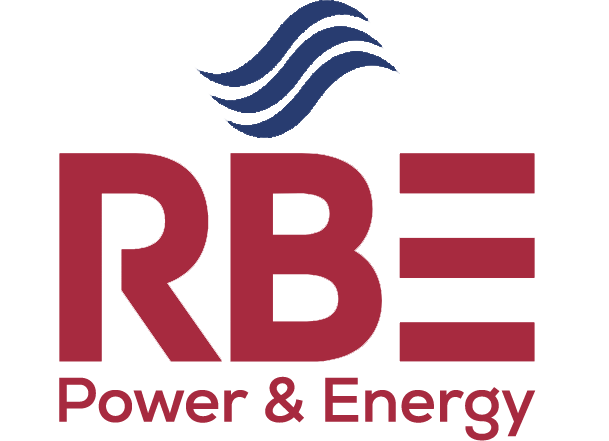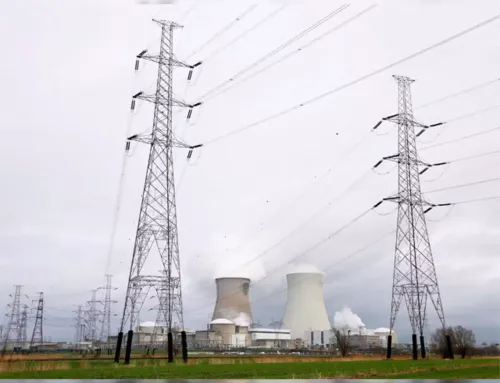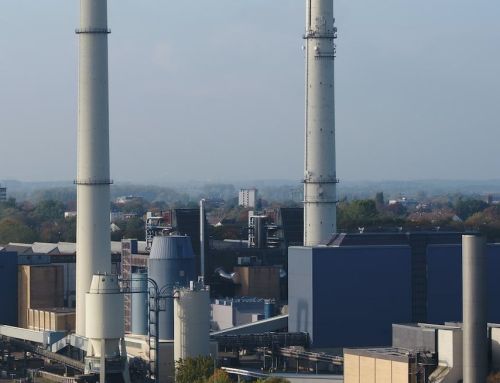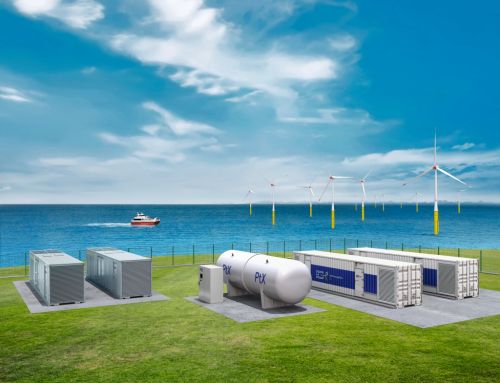RBE Bioenergy Solutions
Here are explanations for some common bioenergy solutions we provide at RB Energies:
Biofuels (Bioethanol and Biodiesel):
Bioethanol: Produced through the fermentation of sugars derived from crops like corn or sugarcane. Yeast is used to ferment sugars into ethanol, which is then distilled to obtain bioethanol.
Biodiesel: Obtained from the transesterification of vegetable oils or animal fats. The process involves reacting these oils or fats with an alcohol to produce biodiesel and glycerol.
Biogas (Anaerobic Digestion):
Anaerobic Digestion: Microorganisms break down organic matter in the absence of oxygen, producing biogas (methane and carbon dioxide). This process occurs in anaerobic digesters, and the generated biogas can be used for electricity generation or as a fuel.
Biomass:
Direct Combustion: Organic materials like wood or crop residues are burned to produce heat or power.
Cofiring: Biomass is combined with conventional fuels in power plants to reduce carbon emissions.
Biochar: Biomass is heated in the absence of oxygen, producing a charcoal-like substance (biochar), which can enhance soil fertility and sequester carbon.
Algal Biofuel:
Algae undergo photosynthesis, converting sunlight into energy. The harvested algae can be processed to extract biofuels.
Syngas (Biomass Gasification):
Gasification: Biomass is heated in a controlled environment, producing syngas (carbon monoxide and hydrogen). This syngas can be used for power generation or further processed into biofuels.
Bioenergy from Waste (WtE – Waste-to-Energy):
Waste Combustion: Municipal solid waste is burned to generate heat or electricity.
Thermal Depolymerization: Organic waste is broken down into useful products under high heat and pressure.
Biohydrogen (Biological Hydrogen Production):
Microorganisms are used to produce hydrogen gas from organic materials through fermentation or other biological processes.
Cellulosic Ethanol:
Cellulosic feedstocks, such as agricultural residues or dedicated energy crops, are processed to release sugars. Enzymes are then used to convert these sugars into ethanol.
Microbial Fuel Cells:
Microorganisms in microbial fuel cells consume organic matter, producing electrons that can be harnessed as electricity.
Methane Hydrates (Microbial Methane Production):
Microbes convert organic matter into methane in anaerobic conditions.
Bioenergy solutions contribute to sustainable energy practices by utilizing renewable resources, reducing greenhouse gas emissions, and promoting circular economies by using organic waste as feedstock. The efficiency and environmental impact of these solutions vary, and ongoing research and development aim to improve their performance and applicability.





